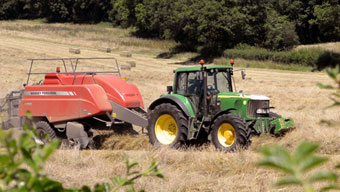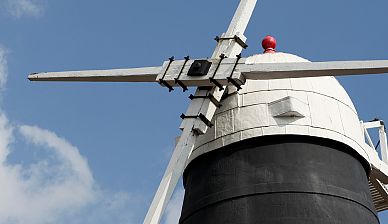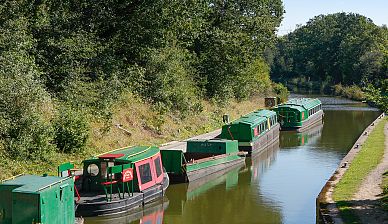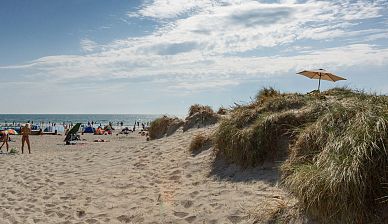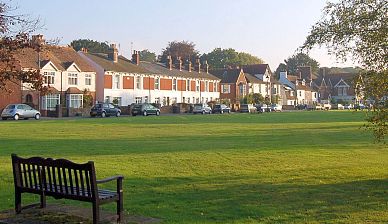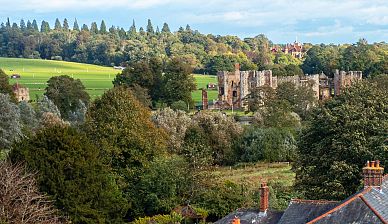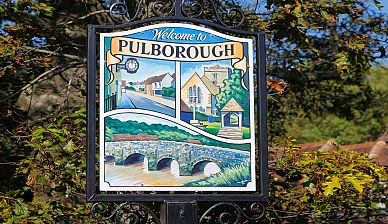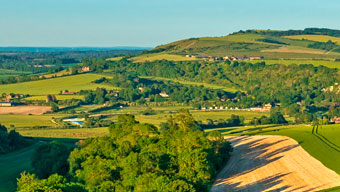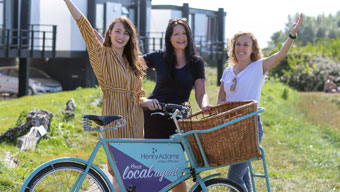Never use a grazing licence
Never use a grazing licence
It is common for farmers and landowners to put in place a grazing licence for any unwanted pasture. There is always a nearby sheep farmer who will often be pleased to take any spare ground, but there are examples of grazing licences being used on huge areas of land, sometimes entire farms.
The grazing licence has always been appealing because of its simplicity. The landowner will feel comfortable claiming Basic Payments and other grants without feeling threatened by the licence. So far, so good.
However, there often comes a time when those grazing licences are used as evidence for taxation purposes, such as capital gains or inheritance tax, and it’s at that point they start to be problematic and potentially very expense. This is especially the case when the landowner is trying to demonstrate they are a ‘farmer’ in order to qualify for agricultural property relief or entrepreneurs relief.
A landowner needs a compelling trail of paperwork to demonstrate they are indeed a farmer. This is not easy to achieve, but the situation is strengthened by the following:
- Be seen to be selling ‘grass’ instead of ‘renting acres’ and have a written agreement that reflects this.
- If you’re VAT registered, treat these grass sales with 0% VAT (i.e food rate).
- Keep all invoices to demonstrate you are maintaining the land (repairing boundaries, weed control etc).
- Never let the sheep grazier maintain the land but pay them fairly if they do undertake any work. Don’t use the grazier exclusively for repairs and maintenance.
- Try not have 365 day rolling agreements. The most compelling circumstance (for example) is when the 16 Acre Field is used by Grazier Smith for 3 months, Grazing Jones for 4 months and then by the landowners own livestock for other periods within the same year.
- Try to be responsible for some animal husbandry, such as checking stock, fencing or water troughs.
Regrettably, the tax system is unhelpful insofar that we never know if an application for tax relief will be challenged, until it’s too late. For anyone intending to take advantage of tax reliefs, we would suggest to never use a grazing licence and to make alternative arrangements. Even genuine active farming businesses should be wary, because the number of farmed acres will contribute to the proportion of the farmhouse that is considered ‘agricultural’ and therefore qualifying for relief. Sometimes every acre will count.
Are you a farmer or landowner that needs professional advice?
The Rural team has offered a highly-respected service to farmers and landowners throughout Sussex, Surrey and Hampshire for over 25 years.
Find out more
















